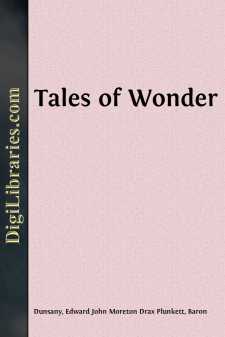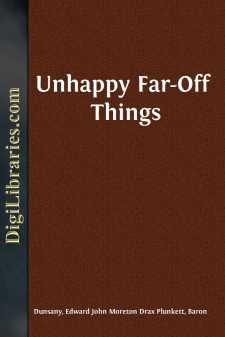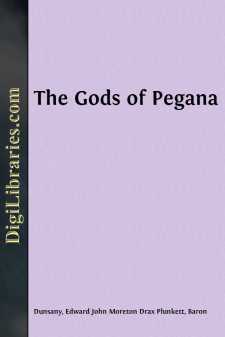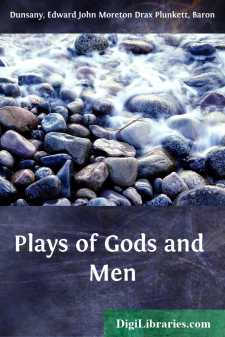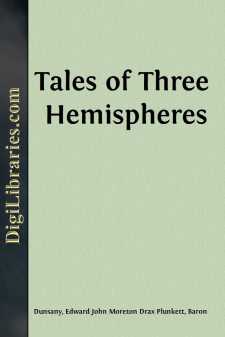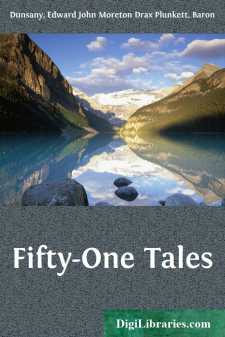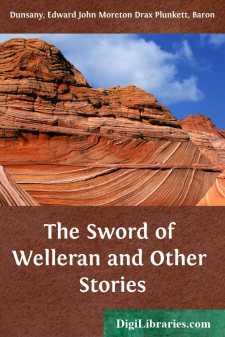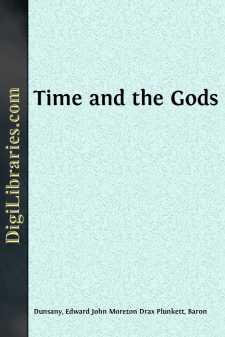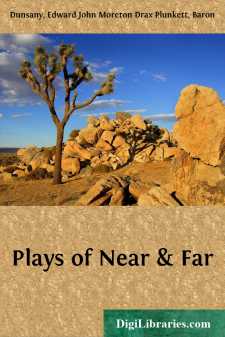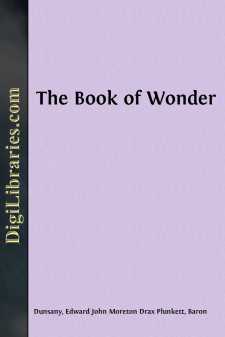Categories
- Antiques & Collectibles 13
- Architecture 36
- Art 48
- Bibles 22
- Biography & Autobiography 815
- Body, Mind & Spirit 144
- Business & Economics 28
- Children's Books 18
- Children's Fiction 14
- Computers 4
- Cooking 94
- Crafts & Hobbies 4
- Drama 346
- Education 58
- Family & Relationships 59
- Fiction 11835
- Games 19
- Gardening 17
- Health & Fitness 34
- History 1378
- House & Home 1
- Humor 147
- Juvenile Fiction 1873
- Juvenile Nonfiction 202
- Language Arts & Disciplines 89
- Law 16
- Literary Collections 686
- Literary Criticism 179
- Mathematics 13
- Medical 41
- Music 40
- Nature 180
- Non-Classifiable 1768
- Performing Arts 7
- Periodicals 1453
- Philosophy 65
- Photography 2
- Poetry 896
- Political Science 203
- Psychology 44
- Reference 154
- Religion 515
- Science 126
- Self-Help 85
- Social Science 83
- Sports & Recreation 34
- Study Aids 3
- Technology & Engineering 59
- Transportation 23
- Travel 463
- True Crime 29
Edward John Moreton Drax Plunkett Dunsany
Edward John Moreton Drax Plunkett, 18th Baron of Dunsany, was an Irish writer born on July 24, 1878, and is best known for his pioneering work in fantasy literature. His extensive body of work includes over 90 books, encompassing novels, short stories, plays, and essays, with notable titles such as "The Gods of Pegāna" and "The King of Elfland's Daughter." Dunsany's imaginative storytelling and richly crafted mythologies have had a profound influence on later fantasy writers, including H.P. Lovecraft and J.R.R. Tolkien.
Author's Books:
Sort by:
A Tale of London "Come," said the Sultan to his hasheesh-eater in the very furthest lands that know Bagdad, "dream to me now of London." And the hasheesh-eater made a low obeisance and seated himself cross-legged upon a purple cushion broidered with golden poppies, on the floor, beside an ivory bowl where the hasheesh was, and having eaten liberally of the hasheesh blinked seven times...
more...
A Dirge Of Victory (Sonnet) Lift not thy trumpet, Victory, to the sky, Nor through battalions nor by batteries blow, But over hollows full of old wire go,Where among dregs of war the long-dead lieWith wasted iron that the guns passed by. When they went eastwards like a tide at flow; There blow thy trumpet that the dead may know,Who waited for thy coming, Victory. It is not we that have...
more...
When MANA-YOOD-SUSHAI had made the gods and Skarl, Skarl made a drum, and began to beat upon it that he might drum for ever. Then because he was weary after the making of the gods, and because of the drumming of Skarl, did MANA-YOOD-SUSHAI grow drowsy and fall asleep. And there fell a hush upon the gods when they saw that MANA rested, and there was silence on Pegana save for the drumming of Skarl....
more...
Act I Time: About the time of the decadence in Babylon. Scene: The jungle city of Thek in the reign of King Karnos. Tharmia: You know that my lineage is almost divine. Arolind: My father's sword was so terrible that he had to hide it with a cloak. Tharmia: He probably did that because there were no jewels in the scabbard. Arolind: There were emeralds in it that outstared the sea. * * * * * * * *...
more...
THE LAST DREAM OF BWONA KHUBLA From steaming lowlands down by the equator, where monstrous orchids blow, where beetles big as mice sit on the tent-ropes, and fireflies glide about by night like little moving stars, the travelers went three days through forests of cactus till they came to the open plains where the oryx are. And glad they were when they came to the water-hole, where only one white man...
more...
CHARON Charon leaned forward and rowed. All things were one with his weariness. It was not with him a matter of years or of centuries, but of wide floods of time, and an old heaviness and a pain in the arms that had become for him part of the scheme that the gods had made and was of a piece with Eternity. If the gods had even sent him a contrary wind it would have divided all time in his memory into...
more...
The Sword of Welleran Where the great plain of Tarphet runs up, as the sea in estuaries, among the Cyresian mountains, there stood long since the city of Merimna well-nigh among the shadows of the crags. I have never seen a city in the world so beautiful as Merimna seemed to me when first I dreamed of it. It was a marvel of spires and figures of bronze, and marble fountains, and trophies of fabulous...
more...
TIME AND THE GODS Once when the gods were young and only Their swarthy servant Time was without age, the gods lay sleeping by a broad river upon earth. There in a valley that from all the earth the gods had set apart for Their repose the gods dreamed marble dreams. And with domes and pinnacles the dreams arose and stood up proudly between the river and the sky, all shimmering white to the morning. In...
more...
PREFACE Believing plays to be solely for the stage, I have never before allowed any of mine to be printed until they had first faced from a stage the judgment of an audience, to see if they were entitled to be called plays at all. A successful production also has been sometimes a moral support to me when some critic has said, as for instance of "A Night at an Inn," that though it reads passably...
more...
In the morning of his two hundred and fiftieth year Shepperalk the centaur went to the golden coffer, wherein the treasure of the centaurs was, and taking from it the hoarded amulet that his father, Jyshak, in the years of his prime, had hammered from mountain gold and set with opals bartered from the gnomes, he put it upon his wrist, and said no word, but walked from his mother's cavern. And he...
more...


